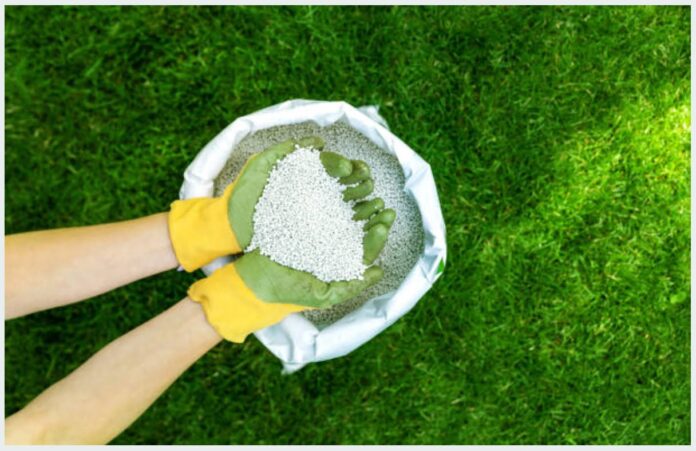Pakistan’s fertilizer industry is navigating turbulent waters, with January 2025 data revealing deepening divergences between urea and diammonium phosphate (DAP) consumption trends. Provisional figures from Arif Habib Ltd (AHL) and Topline Securities highlight a 27% year-over-year collapse in urea offtake to 446,000 metric tons and a 6% year-on-year decline in DAP sales to 63,000 metric tons during the first month of 2025.
These trends underscore systemic challenges plaguing smallholder farmers and shifting industrial dynamics, even as the Punjab government’s Kissan Card program sparks localized DAP demand surges.
Key factors driving the overall reduction in volumes include the stunning collapse in sales of urea, the most commonly used fertilizer in the country. Every company in the sector that sells urea took a hit to its sales.
Engro Fertilizers’ urea sales plunged 49% year-on-year to 107,000 metric tons, while Fauji Fertilizer Company (FFC) and its recently amalgamated subsidiary Fauji Fertilizer Bin Qasim (FFBL) saw a 27% year-on-year decline to 194,000 metric tons. Seasonal factors (post-Rabi slowdown) and temporary plant shutdowns exacerbated the slide.
The picture in diammonium phosphate (DAP) was a bit more complex. Despite the overall 6% decline, FFC/FFBL’s DAP sales surged 31% year-on-year to 37,000 metric tons, while Fatima Fertlizer reported a 225x year-on-year increase (albeit from a very low base). The content in this publication is expensive to produce. But unlike other journalistic outfits, business publications have to cover the very organizations that directly give them advertisements. Hence, this large source of revenue, which is the lifeblood of other media houses, is severely compromised on account of Profit’s no-compromise policy when it comes to our reporting. No wonder, Profit has lost multiple ad deals, worth tens of millions of rupees, due to stories that held big businesses to account. Hence, for our work to continue unfettered, it must be supported by discerning readers who know the value of quality business journalism, not just for the economy but for the society as a whole.To read the full article, subscribe and support independent business journalism in Pakistan









